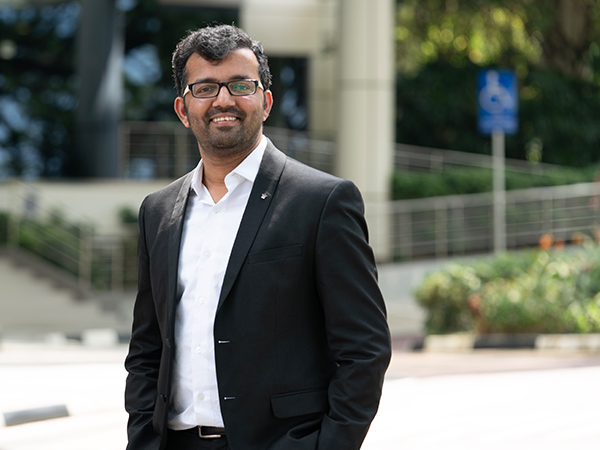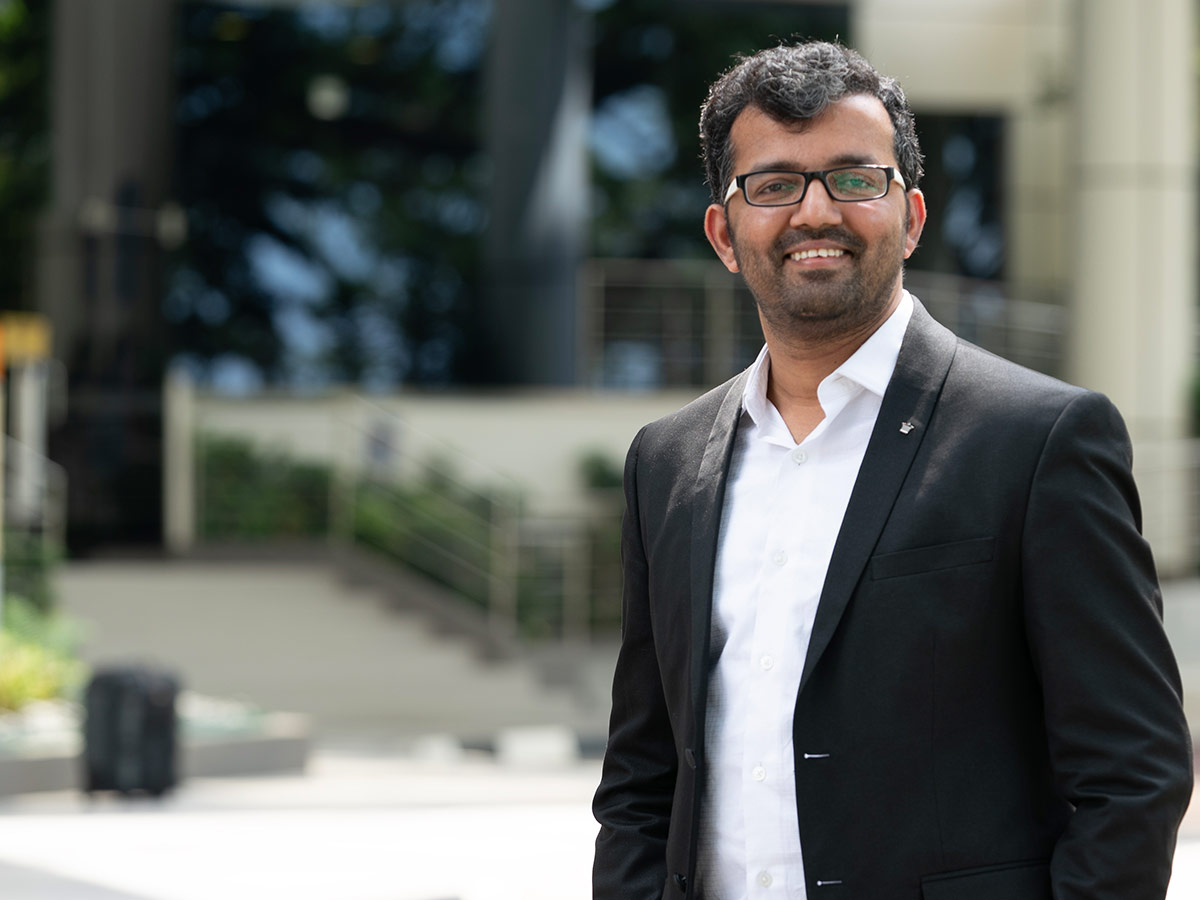The Infosys Prize 2024 in Humanities and Social Sciences is awarded to Prof. Mahmood Kooria of the University of Edinburgh for his truly outstanding and seminal contributions to the study of maritime Islam in a global perspective, with particular focus on Kerala in the pre-modern and early modern eras. His pioneering studies have revealed the role of Islamic law in shaping economic, political, and cultural transformations on the Indian Ocean littoral.
Infographic:
The Indian Ocean: An archive of history
Scope and Impact of Work
Prof. Mahmood Kooria’s historical scholarship has enriched, in fact radically revised, the study of maritime Islam in general and of the Islamic communities and cultures of Kerala in particular. Prof. Kooria’s range is spectacular: from East Africa, the Middle East, to South Asia and Indonesia and Malaysia, also including the colonial powers of the Netherlands, Great Britain, and Germany. He has produced an intellectual and cultural history of Shafi‘i Islam in the Indian Ocean and brought to life the controversies and debates among Kerala-based Muslim jurists, poets, and scholars in the contexts of changing social, economic, agrarian, and ritual life in pre-modern and early modern Malabar.
Kooria has also created an active community of historians whose work embraces the entire physical space of the Indian Ocean coasts and the longue durée of Islamic cultures throughout that global, though always locally inflected, space. His book, Islamic Law in Circulation: Shafi‘i Texts Across the Indian Ocean and the Mediterranean (2022), gives us not only a narrative prosopography of all the major Kerala authors and texts, in Arabic and Malayalam, but also subtle analyses of this large corpus in terms of its historical presence and meaning.
Mahmood Kooria is also the first historian of Kerala to describe in depth the impact of maritime Islam—not only merchant-sailors but also itinerant scholars, poets, and thinkers—on the agrarian landscape of north Malabar in the seventeenth and eighteenth centuries. His two edited volumes — Malabar in the Indian Ocean: Cosmopolitanism in a Maritime Historical Region (with Michael Naylor Pearson) and Islamic Law in the Indian Ocean World: Texts, Ideas and Practices (with Sanne Ravensbergen)—open up a formidable menu of case studies. We note his sensitivity to novel ideas (evident in the name of the latter volume) as intrinsic to the historical study of hard-core socio-economic and political processes.
Bio
Prof. Mahmood Kooria is one of the world’s leading scholars of Indian Ocean Islam, or Maritime Islam generally, particularly in the pre-modern and early modern periods. He is an expert in Arabic and Malayalam texts of many kinds, with a special interest in the corpus of Shafi‘i legal thought produced in or for scholars and readers in Kerala.
Prof. Kooria completed his B.A. in History and Islamic Studies at Darul Huda Islamic Academy and the University of Calicut. He did his M.A. in Ancient History at Jawaharlal University in Delhi and his M. Phil. in history and landscape archaeology. He completed his Ph.D. in global history at Leiden University, Institute for History in 2016.
Kooria is the author of many published essays and book chapters; the pathbreaking volume Islamic Law in Circulation: Shafi‘i Texts Across the Indian Ocean and the Mediterranean (2022); three edited volumes, Malabar in the Indian Ocean: Cosmopolitanism in a Maritime Historical Region, with Michael N. Pearson (2018) and Islamic Law in the Indian Ocean: Texts, Ideas and Practices, with Sanne Ravensbergen (2022); and Narrating Africa in South Asia (New York: Routledge, 2023). Mahmood Kooria teaches at Edinburgh University and has also taught at the Ashoka University, Leiden University, University of Bergen, and the National Islamic University Jakarta.
Timeline
Jury Citation
The Infosys Prize 2024 in Humanities and Social Sciences is awarded to Prof. Mahmood Kooria for pioneering research into the history of maritime Islam in the Indian Ocean, with special emphasis on the Malabar Coast in Kerala in the pre-modern and early modern eras. His many works reveal an astonishing historical scope and depth, an impressive interdisciplinary methodology, and critical creative insights into the cultural and material impact of Islamic (in particular, Shafi‘i) law on Kerala society and beyond.
Prof. Kooria’s scholarship has opened up, indeed effectively created, a hitherto largely unexplored field of study—that of the Kerala Islamic communities and the rich corpus of legal, literary, and historical texts, in Arabic and Malayalam, that Muslim authors composed in or for Kerala over the last seven centuries. Mahmood Kooria’s book, Islamic Law in Circulation: Shafi‘i Texts Across the Indian Ocean and the Mediterranean (2022), offers a brilliant picture of these communities in times of profound social and economic change.

Mahmood Kooria
My warm congratulations to Mahmood Kooria on his being awarded the Infosys Prize 2024 in Humanities and Social Sciences for his remarkable contributions to the historical study of Islamic legal texts and the wide circulatory influence they have achieved, through maritime travel, in distant lands. I am very glad to have had the chance to read almost all the work that his prodigious learning and questing mind have produced on this and other related subjects that link West Asia, Africa, India, and South-East Asia. I very much hope that the prize will spur him to new heights of scholarship and historical insight and expect that one day he will have the same reputation and impact on Ocean Studies in the East that Bernard Bailyn has had on what has come to be called Atlantic History.



